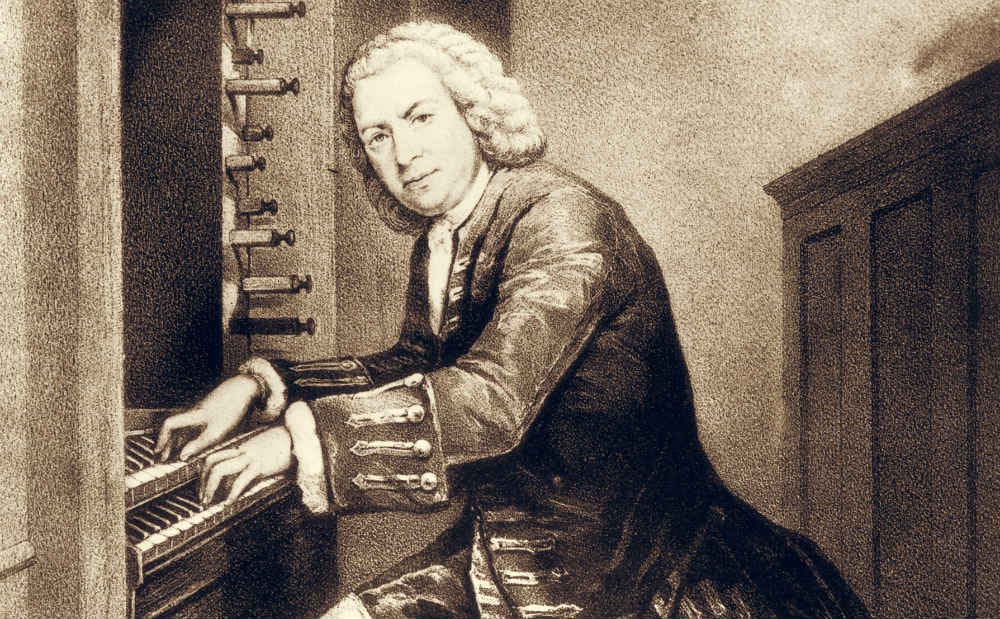
Johann Sebastian Bach was a highly regarded composer during his lifetime, but he was a revered organist. His abilities to improvise was legendary and traveled throughout Germany as a sought-after ‘examiner’ of new instruments and as a recitalist.
If organs can escape changing tastes, fires, disrepair, and wars, they can, in theory, last forever. Sadly, there are very few organs from Bach’s time that have made it through all of these travails. Also, while there might be a record of Bach visiting an organ to “examine” it, that doesn’t mean that he definitively performed on it. Although I find this to be splitting hairs.
Here are some videos and recordings of organ music, not all of it by J. S. Bach, performed on organs that either had a direct association with Bach, or were built during this time.
The Trost Organ at the Schlosskirche in Altenburg
Liebster Jesu, wir sind hier BWV 730 & BWV 731 — Olaf Schmidt, organ
Here is a great recording of some of Bach’s organ works on the Trost Organ at Schlosskirche Altenburg by the organist Felix Friedrich.
Prelude in E-Flat Major BWV 552, John Seboldt, organ
The Wender organ at the Bachkirche in Arnstadt
J. S. Bach: Sei gegrüsset, Jesu gütig, BWV 768, Bálint Karosi, organ
The Scheibe organ in St Nicholaskirche, Zschortau
Telemann — Organ music, Franns-Wilfrid v. Promnitz, organ
It is not known if Bach performed at all on this organ, but it is one that was also built by Trost in the Stadtkirche of Waltershausen.
Just like I’ve mentioned in previous articles, all instruments have gone through extraordinary evolution over the course of time. Bach’s most famous organ piece played on one of the largest 20th century organs sounds a lot different than it does on smaller Baroque organs.
Toccata and Fugue in D minor BWV 565, Xaver Varnus, playing the great Sauer Organ of the Berliner Dom, built in 1905.
Toccata and Fugue in D minor BWV 565, Hans-André Stamm playing the Trost Organ of the Stadtkirche in Waltershausen, built in 1741.
Toccata and Fugue in D minor BWV 565, Leo van Doeselaar playing the Schnitger Organ of the Martinikerk in Groningen, finished in 1730.
